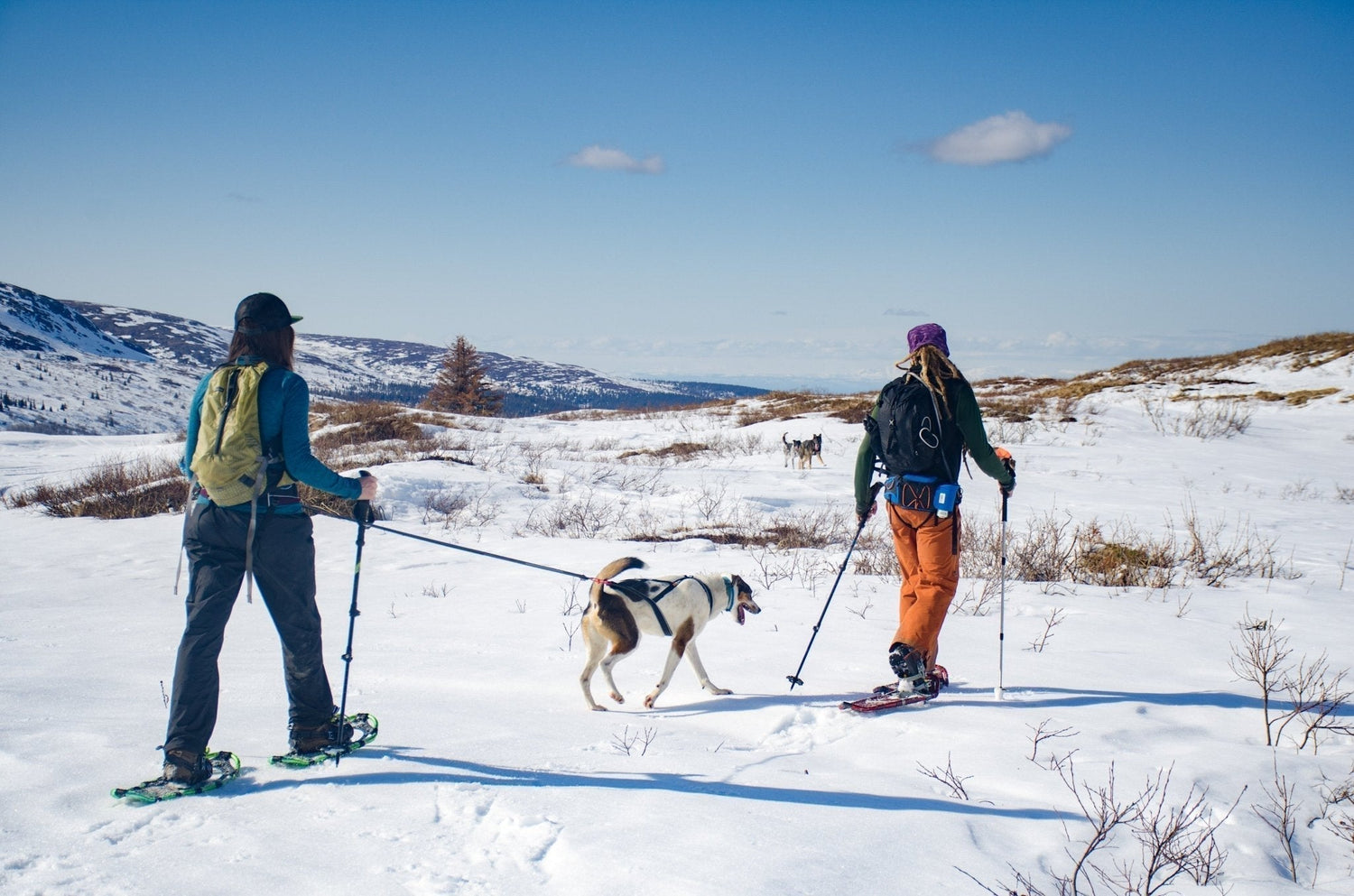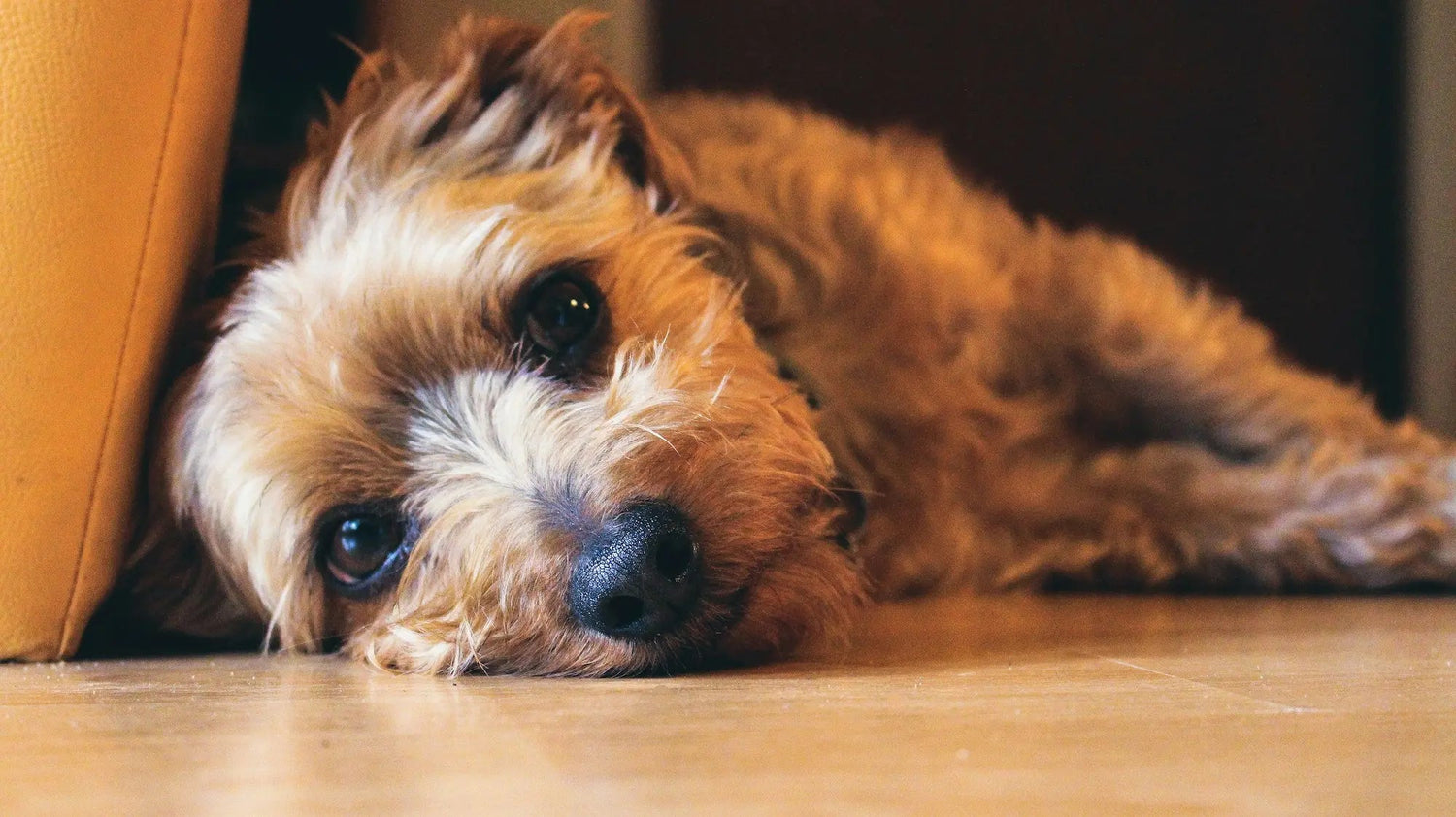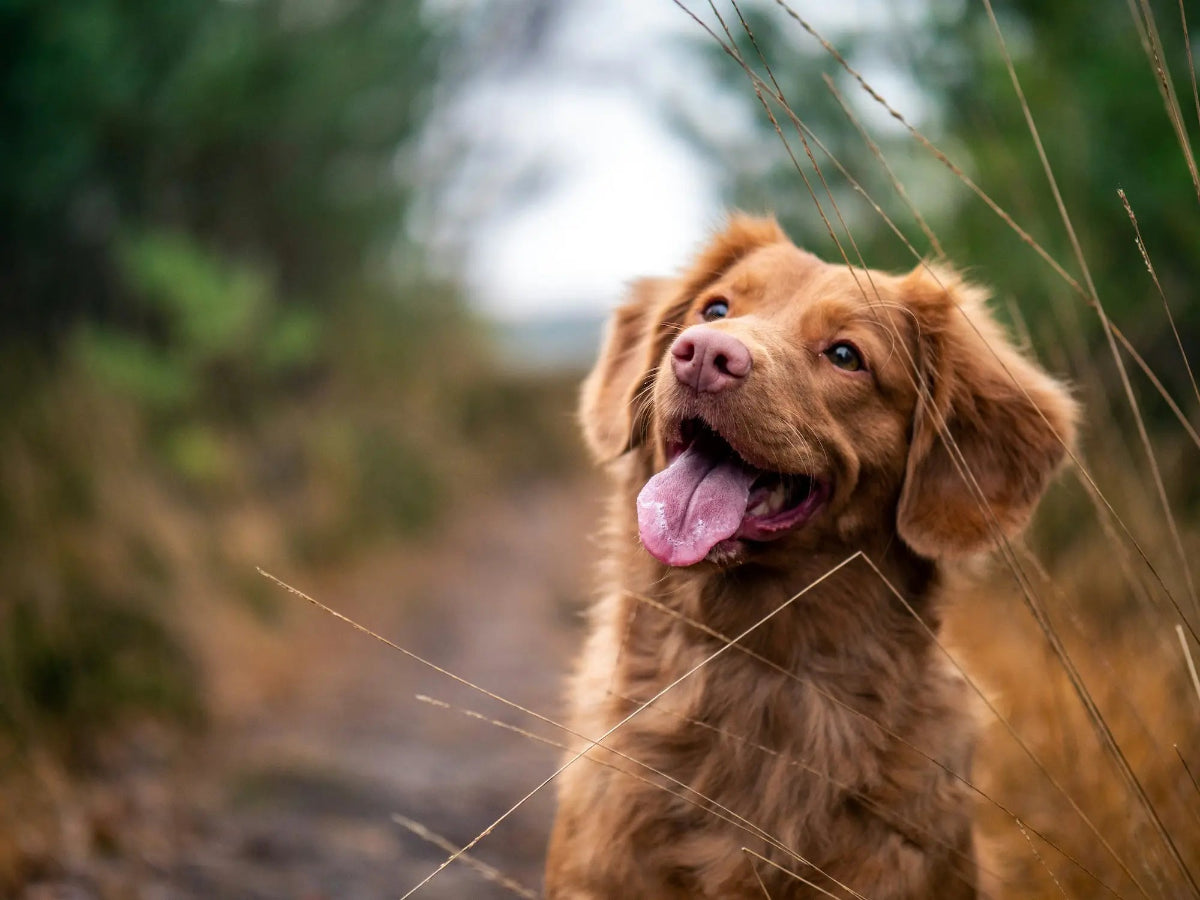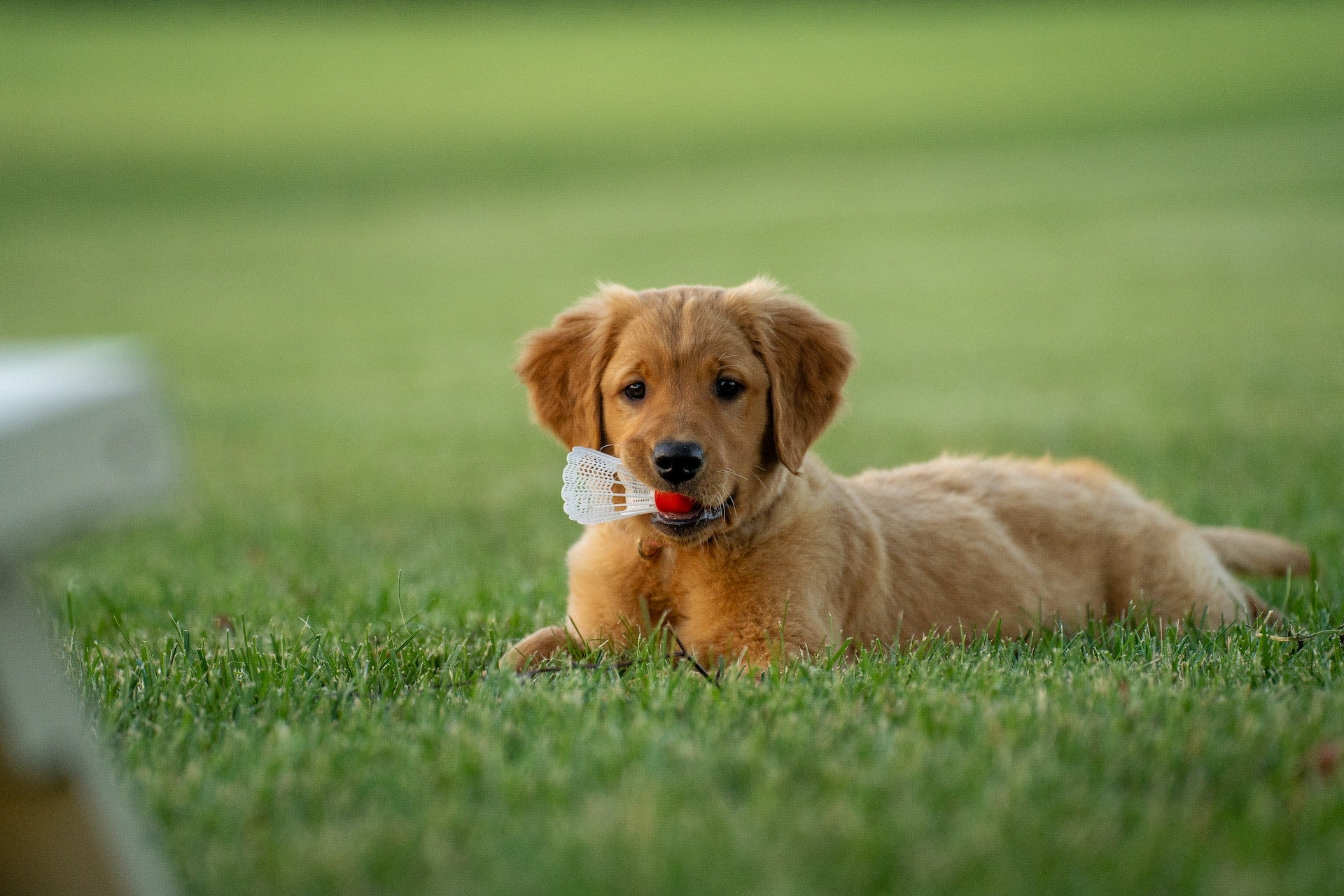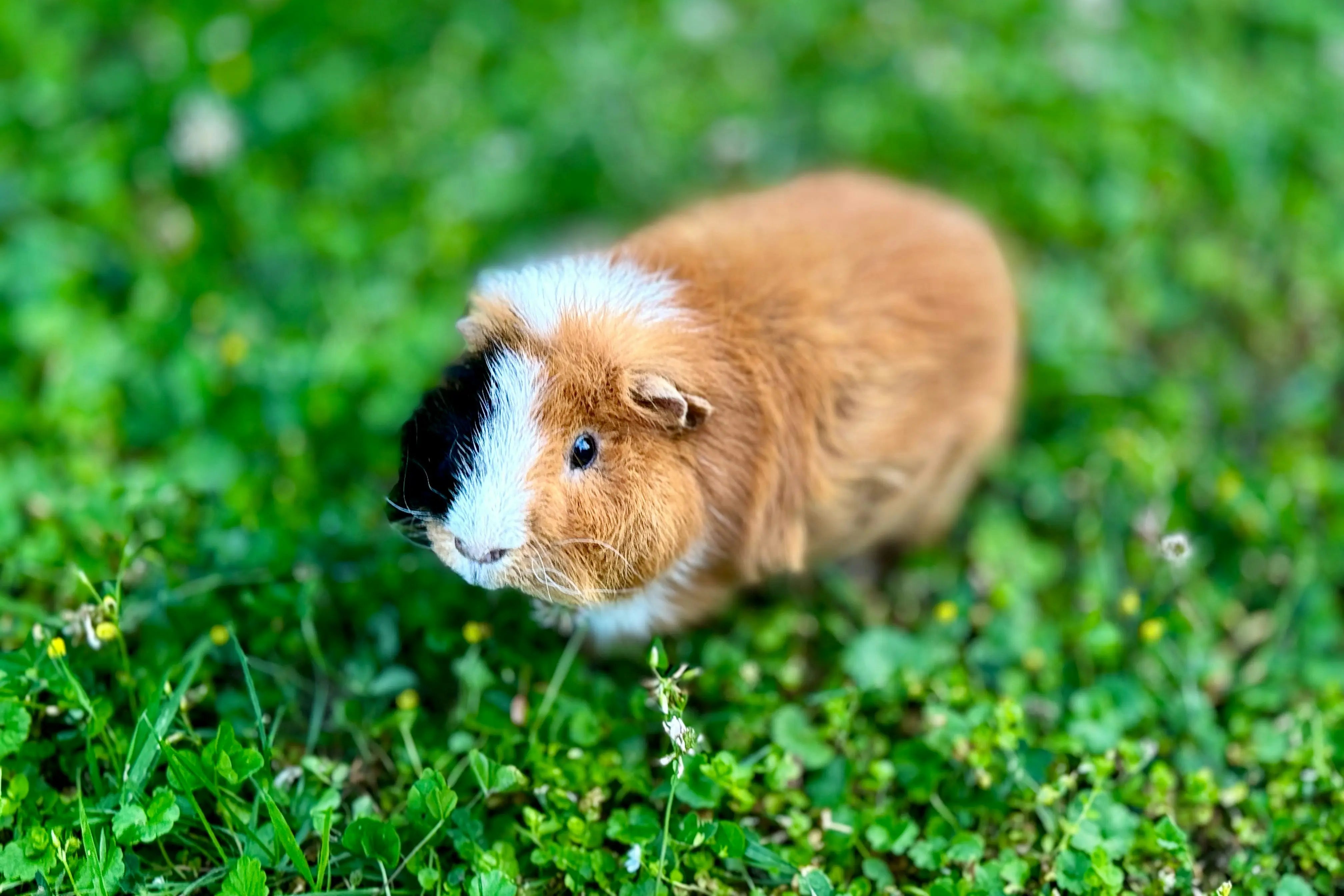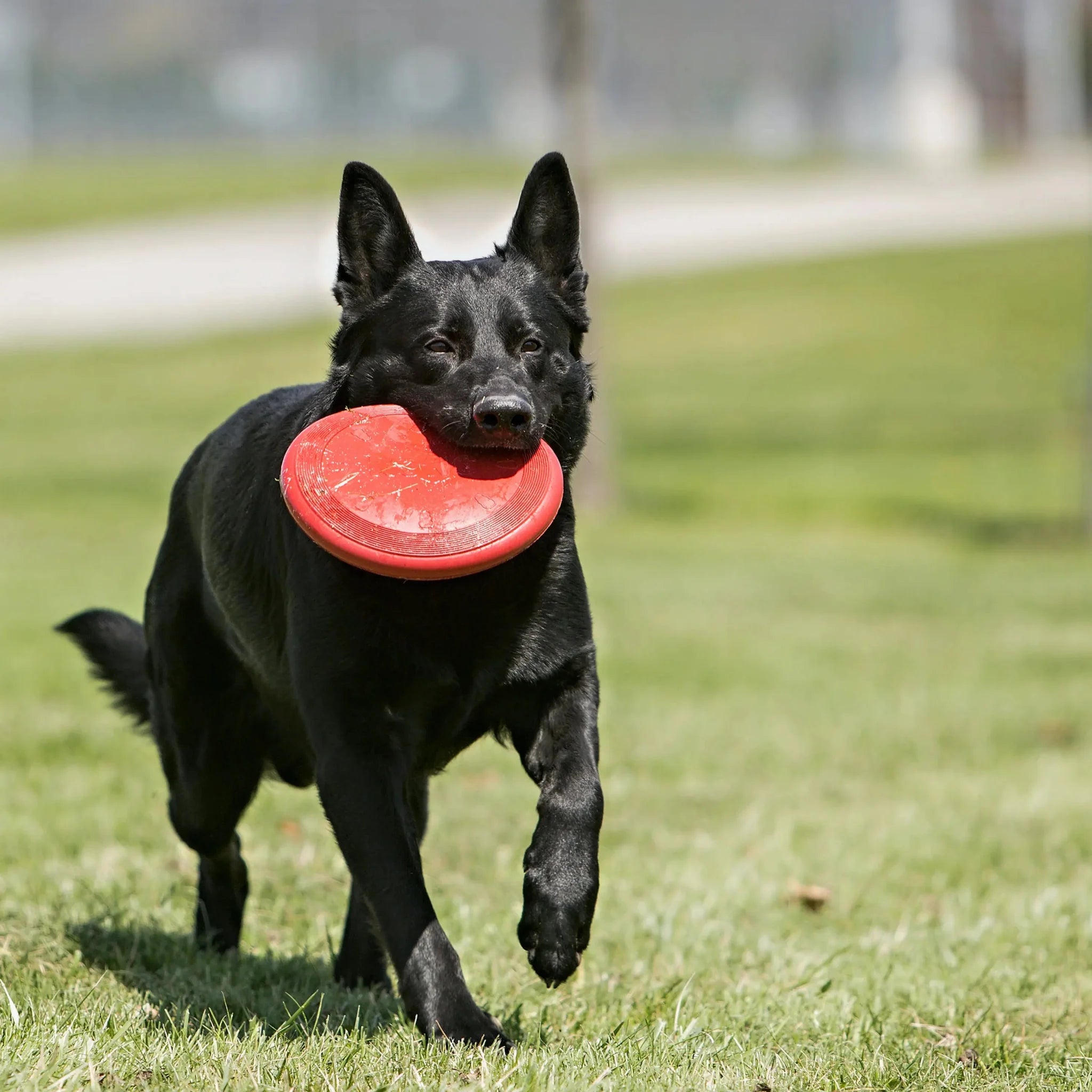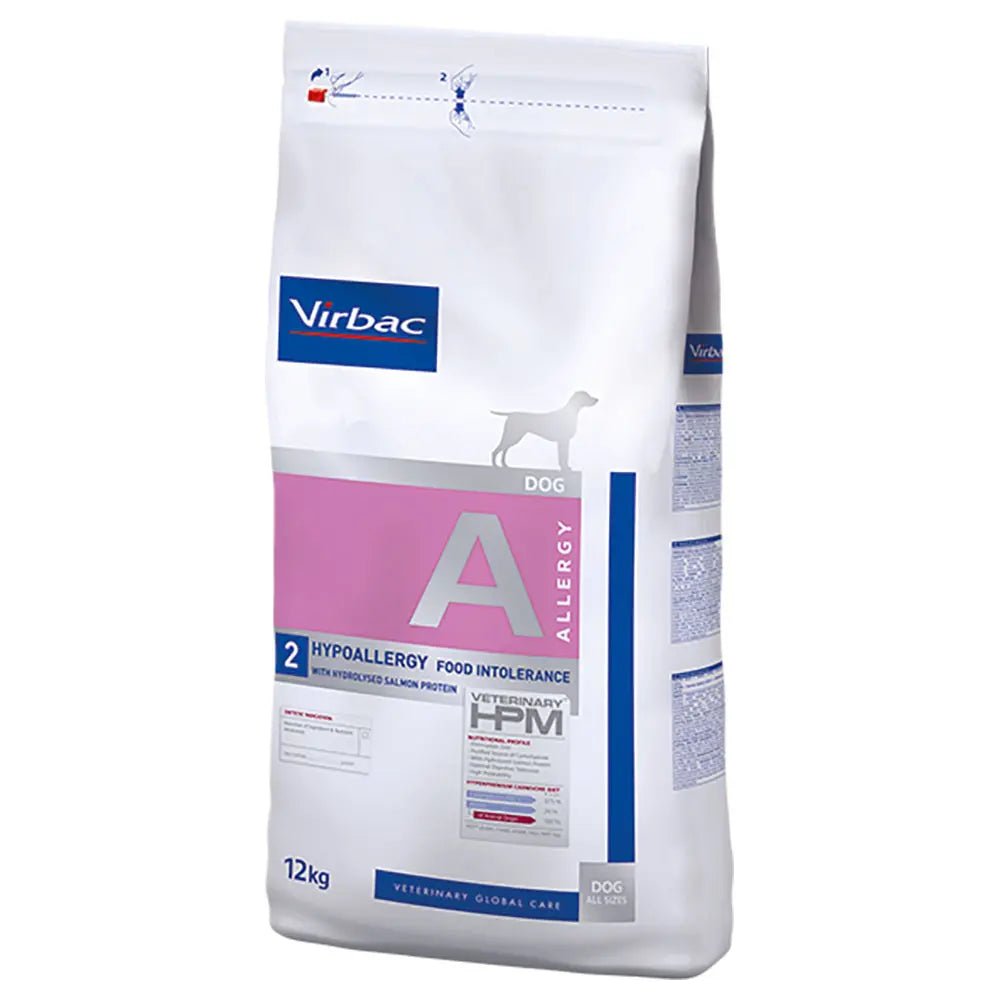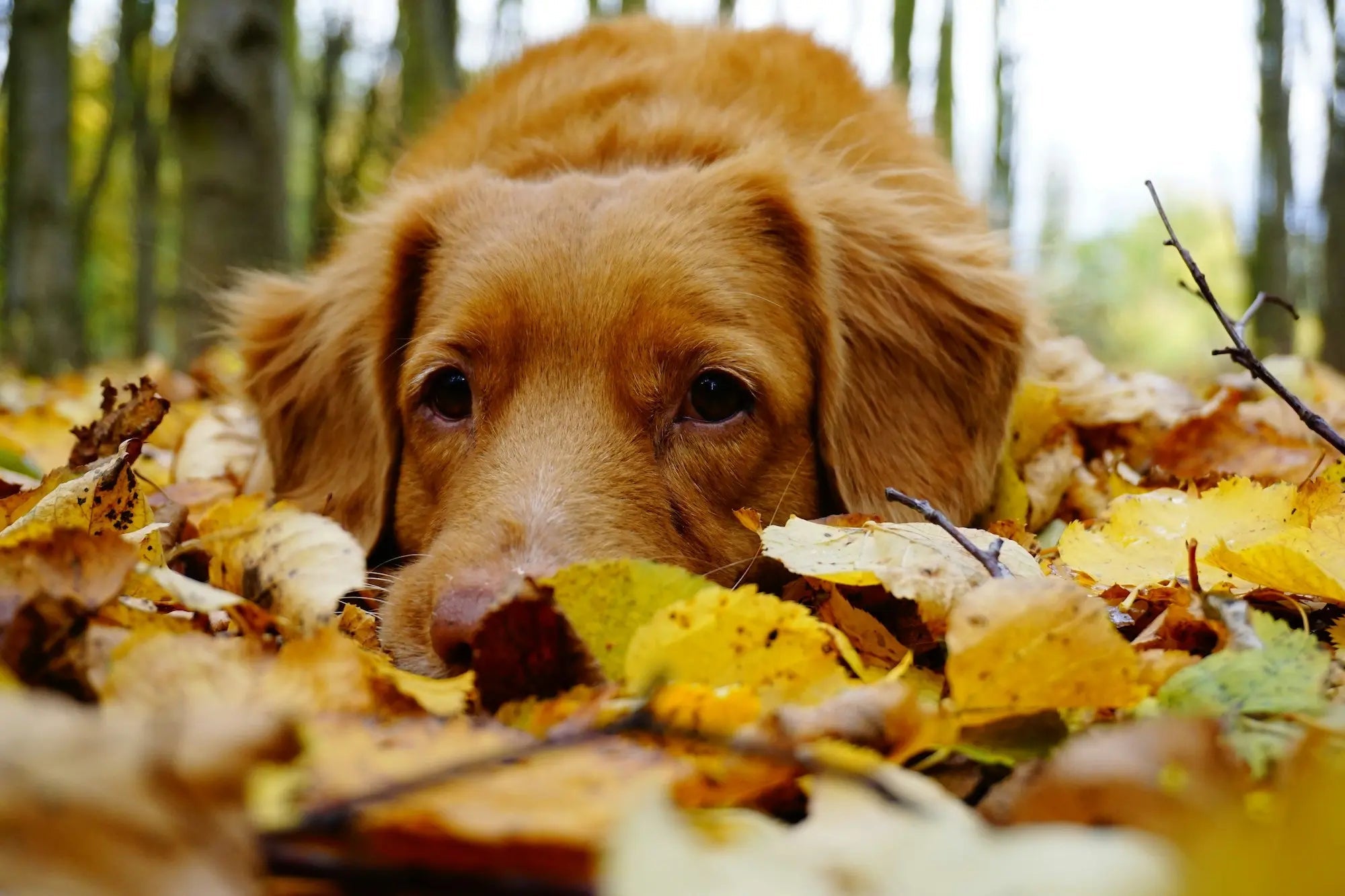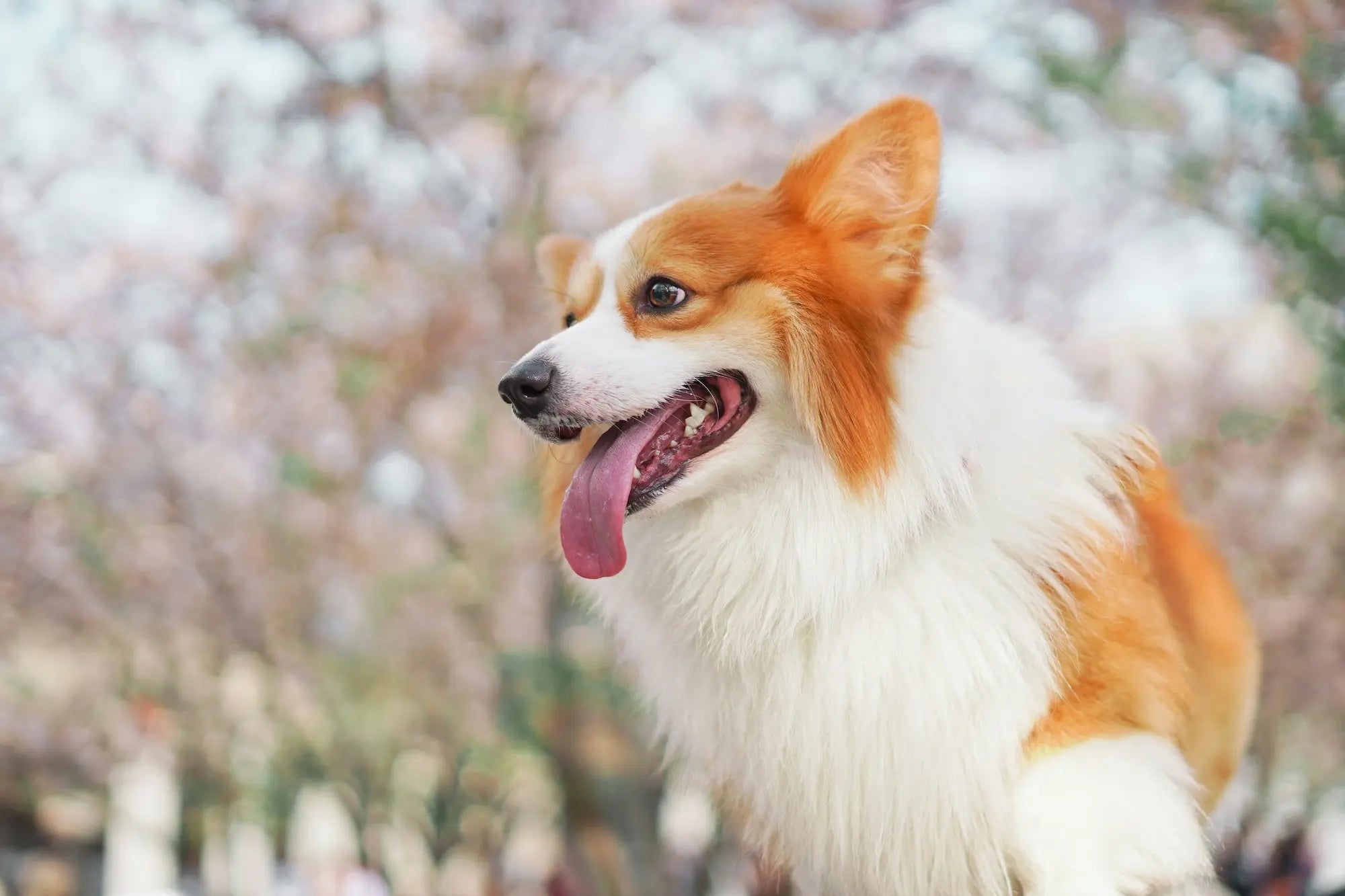Giving your dog the right food, both quantity and type, is crucial for good health and a happy life. However, it can be a bit difficult to know exactly what your dog can and cannot eat. Many people may recognize the fact that your dog can seem like a furry vacuum cleaner, happily munching on whatever it can get its hands on. If you feel this applies to your four-legged friend, it is extra important to familiarize yourself with what dogs can and cannot eat. Read on to get the answer!
Dog food for all needs
The definitive answer to what your dog should eat is, perhaps not so surprisingly: dog food . This is by far the best way to ensure that your dog gets the nutrition it needs. It is also the most practical. In addition to this, you are welcome to give your dog both wet food and dry food. Many people go for dry food because it is easy to store, and it mostly covers all of your dog's needs. In addition, dry food helps prevent tartar and other dental problems. Wet food, on the other hand, has a high liquid content and can be smart if your dog has trouble getting enough water.
Does that mean dogs can't eat anything other than dog food?
No. Dogs can eat other types of food as a supplement to a diet consisting of dog food. They often greatly appreciate a treat or tasty snack that is different from their everyday diet, and this is where you as the owner need to know what you can safely serve and what you can't. Some foods are perfectly fine, while others can be downright dangerous.
See our wide selection of vet-approved dog food online!
Answers to common questions about what dogs can eat
Can dogs eat banana?
Yes. Bananas are a treat that dogs can enjoy from time to time. Just remember not to serve too much, as there is a relatively high amount of natural sugar in bananas.
Can dogs eat strawberries, blueberries, and raspberries?
Yes. Dogs can generally eat strawberries, blueberries, and raspberries in moderation.
Can dogs eat apple?
Yes, dogs can eat apples as long as the core is removed and the skin is peeled. However, apples, like bananas, contain some sugar. In other words, they should be served in moderation.
Can dogs eat eggs?
Yes. As long as the egg is cooked or fried, it is completely safe. Eggs are a great source of nutrition for dogs, and contain proteins that help regulate digestion.
The international recommendation is to avoid raw egg whites. This is because egg whites can potentially contain salmonella, and it is therefore recommended to heat treat them. In Norway, the salmonella bacteria is not as widespread, but it may still be a good idea to boil or fry them to be on the safe side.
Can dogs eat bell peppers?
Yes. Dogs can eat bell peppers, including red, green, and yellow peppers. Bell peppers are rich in vitamin C; in fact, this vegetable contains more than three times as much vitamin C as an orange. You can safely give your dog bell peppers as a treat or mix them into their meal, both raw and cooked.
Can dogs eat mango?
Yes. Mango is packed with fiber and contains a whole bunch of useful vitamins that are good for your dog. Remember to remove the peel and the stone in the middle, as this contains cyanide. Cut the mango into pieces that are large enough for your dog. Note: Too much mango can cause diarrhea.
Can dogs eat carrots?
Yes. Both raw and cooked carrots are a nice and healthy treat. However, the carrot should be cut into smaller pieces to avoid choking hazards.

Foods that dogs can eat
In addition to the foods mentioned above, there are several other foods that dogs can eat. These include:
- Cucumber : A safe and hydrating snack, watch your portion sizes.
- Broccoli : Nutritious vegetable that can be mixed into your dog's food or given as a reward.
- Potato : Source of vitamins, minerals and nutrients, can be mixed into your dog's food.
- Cooked meat, fish, shrimp : These are nutritious sources of protein. Make sure they are fried or boiled to avoid food poisoning from bacteria like E.coli.
This is what dogs ca n't eat
There are also some foods that we humans enjoy but that dogs can't eat. Here's a list of things you need to make sure Fido doesn't eat:
- Avocado : Contains the toxin persin which is toxic to dogs.
- Chocolate : Contains theobromine which can lead to nervous system stimulation and increased heart rate in dogs.
- Onions : Contains substances that attack red blood cells and can lead to serious illness.
- Cinnamon : May cause mouth irritation and should be avoided in large quantities.
- Nuts : Pecans, walnuts, cashews, pistachios, and almonds in particular are high in fat and difficult for dogs to digest.
- Xylitol : A common sweetener that is toxic to dogs and is found in some foods, including peanut butter.
- Raisins and grapes : Very toxic to dogs and can cause serious health problems in your dog, so it's a good idea to be extra careful when feeding grapes at home.
Things that can be eaten, but with caution
- Liver pâté : High in fat and contains many ingredients. Not suitable for overweight or allergic dogs.
- Corn : Not toxic, but should be avoided in large quantities as it can cause constipation and stomach problems. Corn on the cob should always be avoided.
- Mackerel in tomato : Suitable for healthy dogs, but be careful with overweight dogs due to high calorie content.
- Mandarin and clementine : Can be given in moderate amounts without peel and stones, but high sugar content can cause stomach upset in large quantities.
- Tomato : Only ripe tomatoes are safe, avoid stems and leaves which contain solanine.
- Peanuts and peanut butter : Unsalted, dried peanuts can be given in small amounts, but remember that they are fatty. Peanut butter can be given in moderation, make sure it does not contain xylitol, and be aware of the fat content.
Would you like to read more about dog behavior and needs? Check out our dog blog for interesting facts about man's best friend!
What can dogs eat - summarized
There are several foods that can provide tasty variety in your dog's diet, while still being healthy and safe. However, it is important to remember that the safest choice when it comes to what dogs can eat is always dog food. If you are unsure whether a food is safe for your dog, it is best to skip it altogether. By choosing a high-quality dog food, you can be sure that all the ingredients are safe for your dog and provide the right nutrition. Also, remember that when introducing new foods to your dog, it is a good idea to do so gradually to prevent digestive problems.


